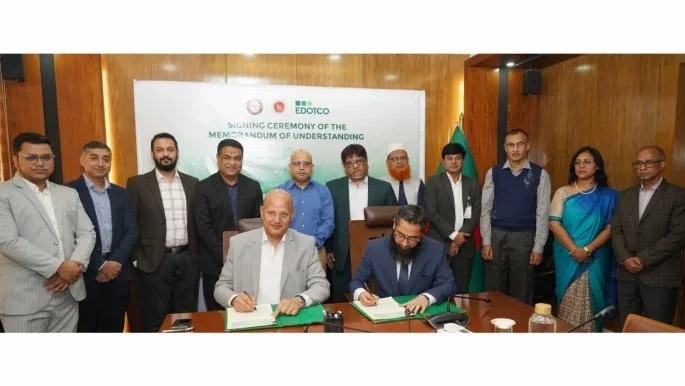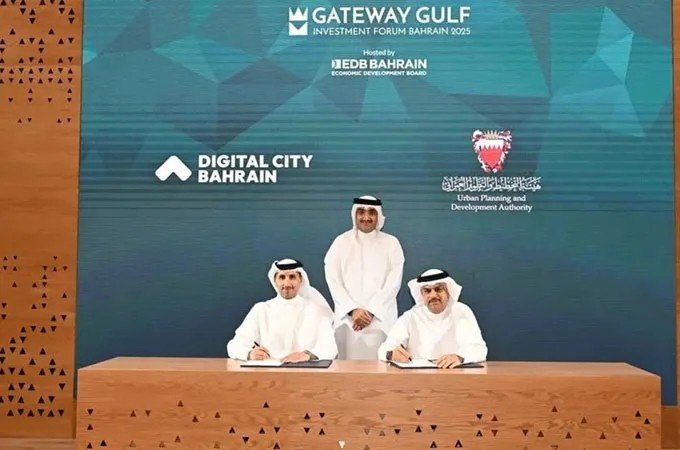A significant portion of Pakistan continues to suffer from unreliable internet connectivity despite ongoing government initiatives to expand digital infrastructure, according to WealthPK reports.
The issue was a focal point during a recent session of the National Assembly’s Standing Committee on Information Technology and Telecommunication. Members expressed frustration over poor service in areas such as Tharparkar and the Sargodha Division, despite repeated government promises.
Officials from the Universal Service Fund (USF) assured the committee that projects targeting underserved regions have been approved and are close to implementation. However, lawmakers demanded a detailed roadmap outlining all initiatives planned over the next three to five years, citing dissatisfaction with the current progress.
Federal Minister for IT and Telecommunication, Shaza Fatima Khawaja, highlighted key government projects, including the Islamabad IT Park and the “One Patient, One ID” digital health system, while reaffirming strict measures to recover dues from telecom defaulters.
Despite existing fibre-optic infrastructure, some areas still experience service gaps. The Pakistan Telecommunication Authority (PTA) was instructed to enforce stricter service quality standards.
The PTA chairman revealed that Pakistan currently utilizes only 275MHz of telecom spectrum, leaving 500MHz unused due to legal hurdles such as the Telenor-Ufone merger and disputes involving nine defaulting Long-Distance International (LDI) operators.
Committee Chairman Syed Amin ul Haque warned telecom companies against prioritizing profits over service quality amid increasing complaints of call drops. A subcommittee has been formed to address regulatory challenges and expedite digital access, especially in remote and conflict-affected regions.
IT professional Awais Ahmed, speaking to WealthPK, emphasized that bridging Pakistan’s digital divide requires more than infrastructure projects. He called for decisive governance, legal clarity, and equitable resource allocation.
“Nearly 30% of Pakistan’s population still lacks adequate internet access, highlighting the urgent need to prioritize digital inclusion. While projects like Islamabad IT Park and digital health are promising, their impact is hindered by slow spectrum use and ongoing legal disputes,” Ahmed said.
“These obstacles are not just technological but represent barriers to social and economic equality for millions. Swift project execution, stronger regulatory oversight, and resolution of legal issues are imperative.”
He added, “Only through genuine public-private collaboration can digital access become a fundamental right accessible to all Pakistanis, essential for unlocking the digital economy’s full potential and building a connected, equitable future.”















